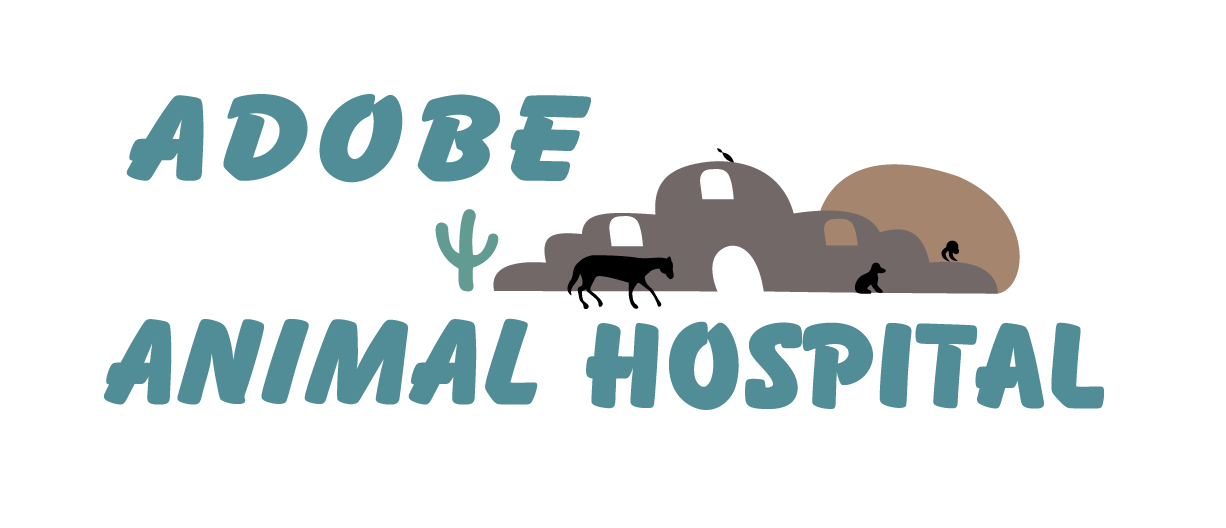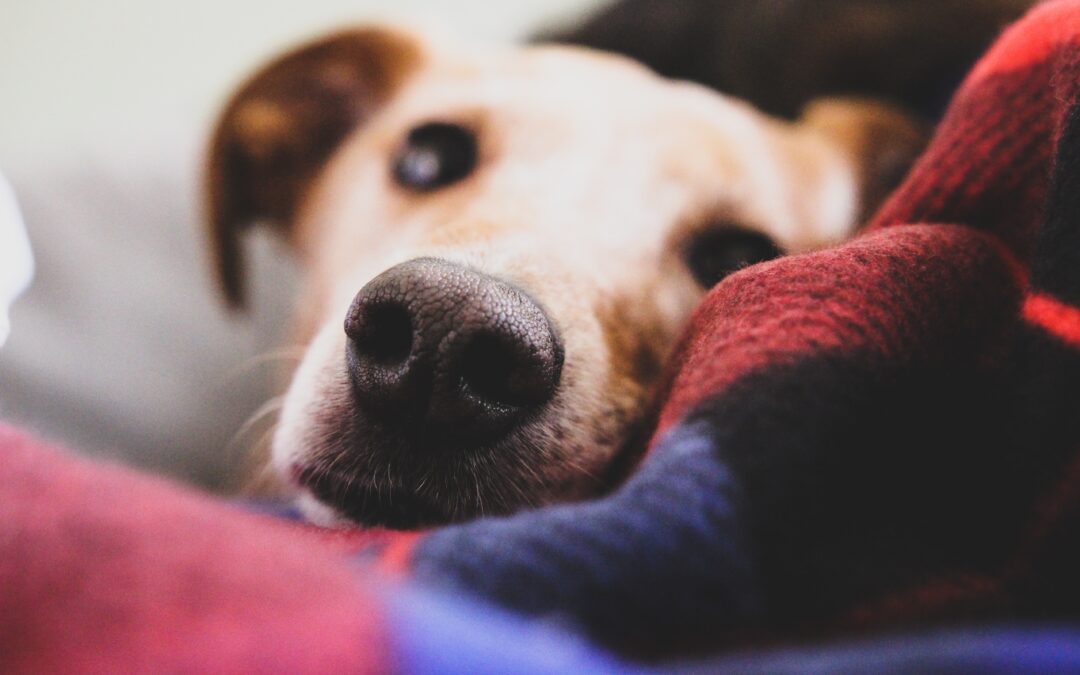Five Dangerous Toxins Lurking in Your Home
As we approach National Animal Poison Prevention Week, commencing March 19 to 25, our team wants to share a few of the most frequent household items that are hazardous for pets.
#1: Medications
It’s all too common for household pets, especially food-driven dogs, to consume medication—from an entire packet of beefy heartworm pills to their owner’s prescription medicine. They may even seize the chance to raid visitors’ suitcases or counters in search of tablets! An overdose can be fatal for our furry friends, so if you suspect your pet has gotten into medications, don’t wait – contact a trusted animal poison control hotline right away.
#2: Food
Beware of the culinary risks within your kitchen that are hazardous to your pet. Chocolate, macadamia nuts, xylitol, avocados and unbaked yeast dough may seem like tasty treats for our furry friends but can result in severe illnesses such as kidney failure or alcohol poisoning. Protect both you and your pet by keeping them away from all kitchen counters whilst cooking and purchasing a locking trash can which will deter inquisitive noses!
#3: Household chemicals
Every chemical in your home can cause your pet harm if they ingest enough. Ensure the following common chemicals are locked up away from your pet:
- Cleaning products
- Disinfectants
- Aerosol air fresheners and other products
- Candles
- Antifreeze
- Windshield washer fluid
- Paint
- Glue
- Nail polish remover
#4: Houseplants
Many houseplants, and the chemicals that help them thrive, are poisonous to pets. Lilies in particular are exceptionally hazardous to cats, and coming in contact with only the pollen can be fatal. Other common houseplants that pose a threat to your pet include dieffenbachia, elephant ear, and spider plants. Several outdoor plants, such as ivy and oleander, can also be poisonous to pets. Before bringing a bouquet inside your home or adding greenery to your garden, check the ASPCA’s toxic plant list to ensure your blooms are pet-safe.
#5: Batteries and coins
Ingesting batteries or coins can result in metal poisoning for your pet, which can be incredibly dangerous. Chewing and puncturing a battery could also cause chemical burns to their delicate mouths. Moreover, if swallowed entire, the battery may become lodged as an obstruction in their gastrointestinal tract – causing further complications that require immediate medical attention.
If you suspect that your pet has encountered a hazardous substance, do not hesitate to contact our team right away.

